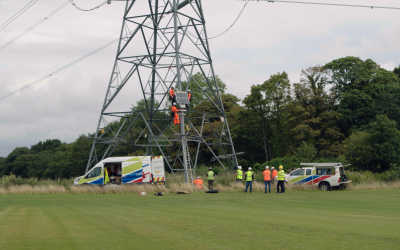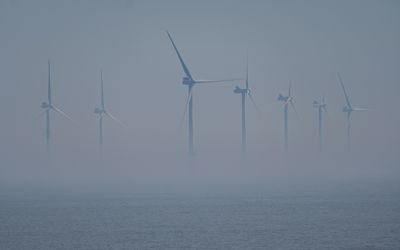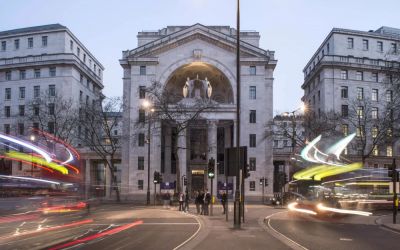UK nuclear power given green light
A report into the lessons learnt in the UK from the nuclear disaster following the Japan earthquake and tsunami in March has concluded that significant differences exist between the two countries to confidently support nuclear as part of the UK energy mix. The report by Chief Nuclear Inspector, Mike Weightman, recommends the industry moves forward with their plan in the UK.
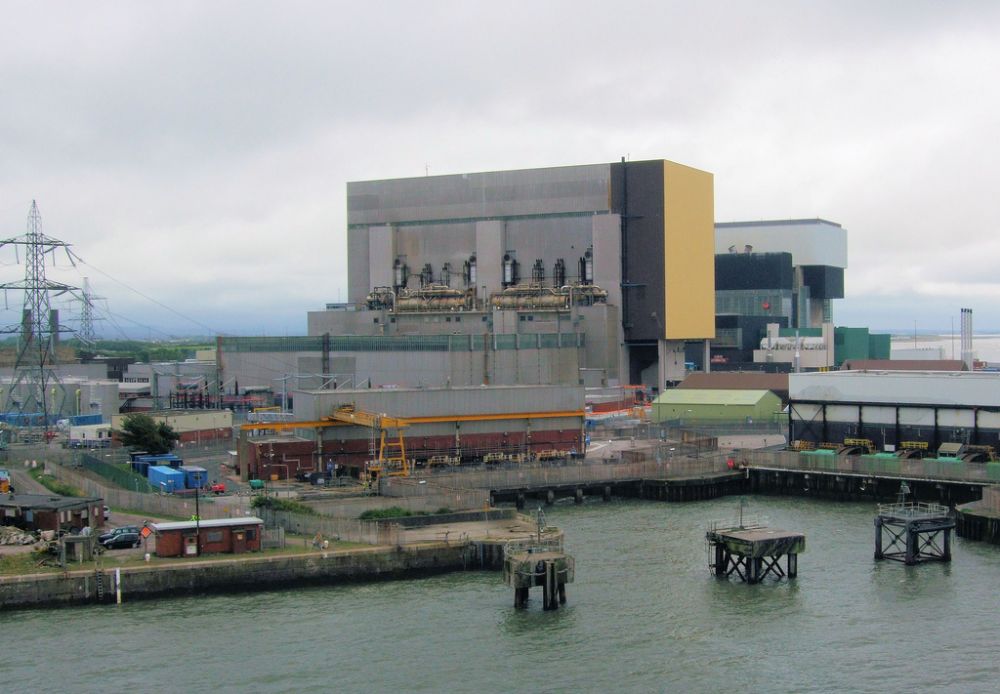
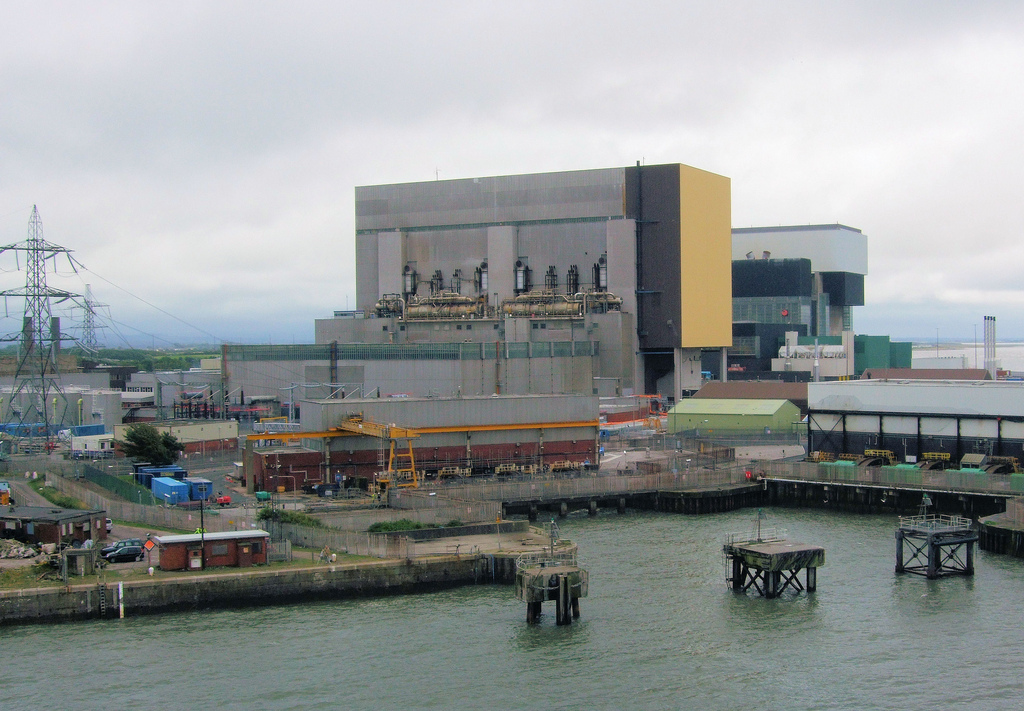 Nuclear power will remain an essential part of the UK’s energy mix, says Energy and Climate Change Secretary Chris Huhne, after Dr Mike Weightman, Chief Nuclear Inspector gave the all clear to the industry in an interim report following the disaster in Japan.
Nuclear power will remain an essential part of the UK’s energy mix, says Energy and Climate Change Secretary Chris Huhne, after Dr Mike Weightman, Chief Nuclear Inspector gave the all clear to the industry in an interim report following the disaster in Japan.
The report, commissioned by the Department of Energy and Climate Change (DECC), examined any lessons which could be learnt from the events which look place in the aftermath of the earthquake and tsunami which hit Japan earlier this year.
In the wake of the disaster, green groups called for a u-turn on policy, removing nuclear power from the energy mix, and surveys showed support for nuclear power plummeting. In Europe many countries re-thought or held off decisions on power stations, and in Germany seven of the oldest stations were closed down.
However, the interim conclusion of the Japanese Earthquake and Tsunami Report – which will be followed by a full report in September – concluded that the UK could go forward in their plans with new nuclear power plants, with several recommendations for the nuclear industry to follow.
The report said: “In considering the direct causes of the Fukushima accident we see no reason for curtailing the operation of nuclear power plants and other nuclear facilities in the UK.”
The findings were based mainly to two factors. First, with the UK being 1000 metres from the edge of a tectonic plate, the chances of an incident such as the one in Japan is hugely unlikely; and secondly, that the power plant design used in Japan – the Boiling Water Reactor (BWR) – is an older design than those used or planned in the UK.
Weightman said: “The extreme natural events that preceded the accident at Fukushima – the magnitude 9-earthquake and subsequent huge tsunami – are not credible in the UK.
“But we are not complacent. No matter what the differences are and how high the standard of design and subsequent operation of the nuclear facilities in the UK, the quest for improvement must never stop.”
One particularly area where he felt lessons could be learnt is in human behaviour; helping the UK to plan for any eventualities they may face, improving contingency arrangements and training.
While the UK may have risks from events such as flooding, Weightman said this is unlikely to prevent plants from being built and said safety measures currently used where sufficient enough to prevent siting of sites from being reconsidered, or multi-plant sites from being prevented.
Huhne welcomed the report, saying they could clear the way for the nuclear industry, who want to press ahead. He did however, stress that safety was the DECC’s top priority and that the recommendations in the report would be taken forward.
He said “Dr Weightman’s interim report is authoritative and detailed and I thank him for his work. It provides us with the basis to continue to remove the barriers to nuclear new build in the UK. We want to see new nuclear as part of a low-carbon, energy-mix going forward. The Chief Nuclear Inspector’s interim report reassures me that it can.”
Weightman will publish his full report in September.



